SALT LAKE CITY — The pandemic’s disruption in the nation’s food supply chain caused empty shelves at grocery stores, yet at the same time is leaving livestock producers worried if they will have a market for their beef, hogs, lamb and poultry.
Dairy farmers are in the same quandary, hitting surplus capacity because the food service segment of demand such as hotels, restaurants, schools and cruise ships is shut down.
So as people wait in line at food banks, dairy farmers have been forced to dump their milk because there is nowhere for it to go, and the prices of cattle and pork are tumbling dramatically.
Against the backdrop of this paradox, Sens. Mike Lee, R-Utah, and Amy Klobuchar, D-Minn., sent a letter to top members of President Donald Trump’s Cabinet, including Attorney General William Barr and Secretary of Agriculture Sonny Perdue, asking for a probe into food supply chain problems.
“The coronavirus (COVID-19) pandemic has exposed troubling vulnerabilities in our meat supply chain that are harming both American livestock producers and consumers,” the letter read. “We urge you to work to identify the root cause of these disruptions so we can work together to implement solutions.”
The letter went on to explain that livestock producers are feeling the pain of the disruption “acutely” with cattle futures down by 29% since the first weeks of the crisis and hog futures down by 39%. At the same time, the price for beef and pork at supermarkets has risen dramatically.
In addition, Smithfield Foods, a U.S.-based company that is the world’s largest pork processor and hog producer, had to shutter five of it processing plants due to the coronavirus.
Those closing leaves hogs in the pipeline, which is clogged.
“These closures, and the resulting uncertainty, forces producers to make difficult decisions that could threaten our food supply or result in unnecessary increased costs for consumers,” the letter said. “During the worldwide pandemic when unprecedented numbers of families are standing in food lines, we cannot afford to waste available food resources that could be utilized if only there were available options for processing and packing.”
The letter was also addressed to Heath Tarbert, chairman of the Commodities Future Trading Commission, because the senators raised concerns over potential market manipulation or anti-competitive conduct.
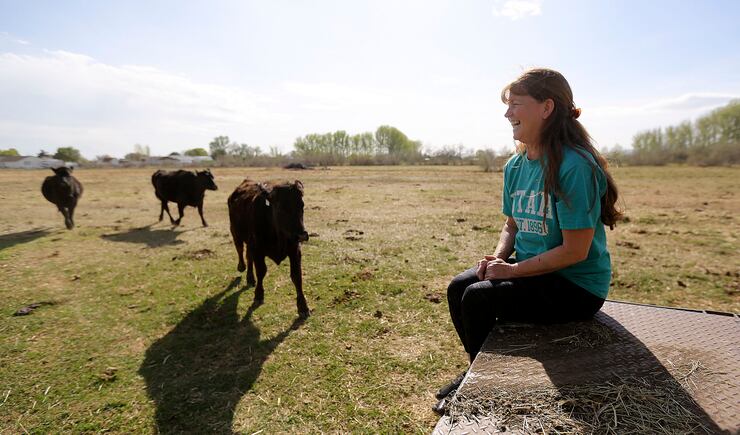
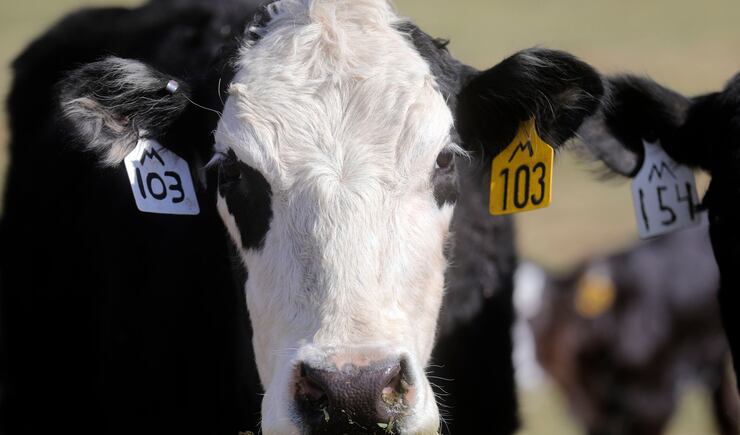
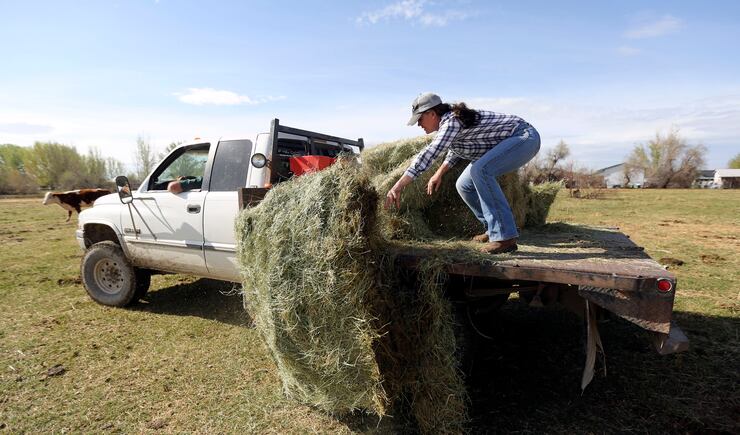
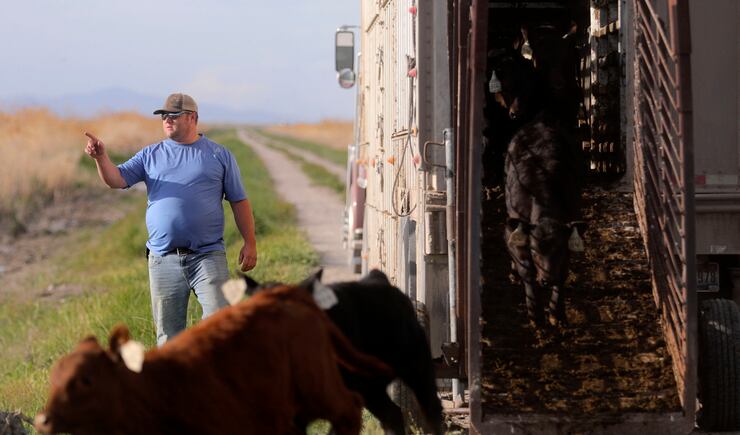

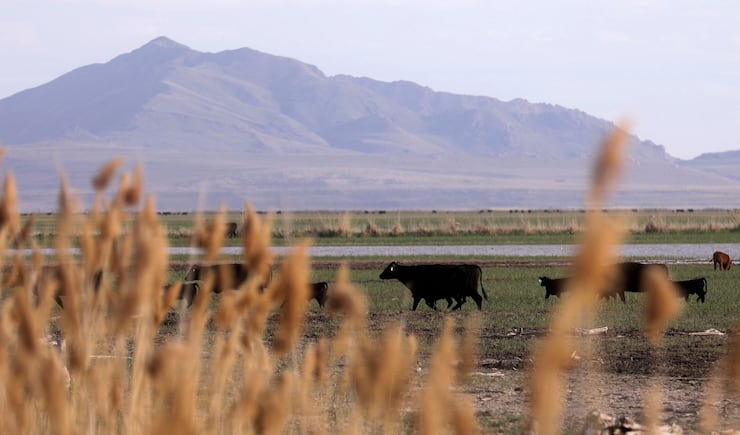
Beaver County Commissioner Mark Whitney said he is absolutely worried about the pandemic’s impacts on agriculture, and senators like Lee are right to draw attention to the issue.
“It has affected me. Cattle prices are down 30 to 40%,” said Whitney, who runs a small cattle and alfalfa operation.
“I am absolutely worried,” he said. “It is darn scary, it really is. The cure is worse than the cause at this point, I don’t know if they will be able to bring it back. I am not only concerned about our health, but our pocketbooks and if we are going to be able to sell our products.”
Whitney said the price of meat has to come up for producers to survive the pandemic.
“They need to figure this out. You’ve got to remember the backbone of America is agriculture. It’s our food supply,” he said.
Kristi Spence, senior vice president of marketing of Dairy West — which promotes close to 600 dairy farms across Idaho and Utah — said the dairy industry has been hit hard but it is adjusting to make sure products get where they need to be.
“I don’t think there is a sector of agriculture that hasn’t been disrupted,” she said. “But I am really heartened by how the whole dairy industry has come together to be creative about solving problems. That is what you want in a crisis like this.”
The food market has basically turned topsy-turvy.
Demand from restaurants and other food service outlets shut down in breakneck fashion, but demand skyrocketed on the retail side with grocery stores.
Suppliers scrambled to adapt to the change, she said.
The surplus in dairy products resulted from closing down exports and closing down the food service industry, and not all processing plants can suddenly switch operations from processing cheese to fluid milk product, Spence said.
Dumping excess milk happened, particularly in Idaho, but she said Dairy West is working with producers to reroute product where it needs to go, provide equipment like coolers to schools and working with food banks to make sure they have items like cheese and other dairy products.
“We know that food insecurity is increasing and we are trying to make sure dairy products are getting to where they are needed most,” Spence said.








